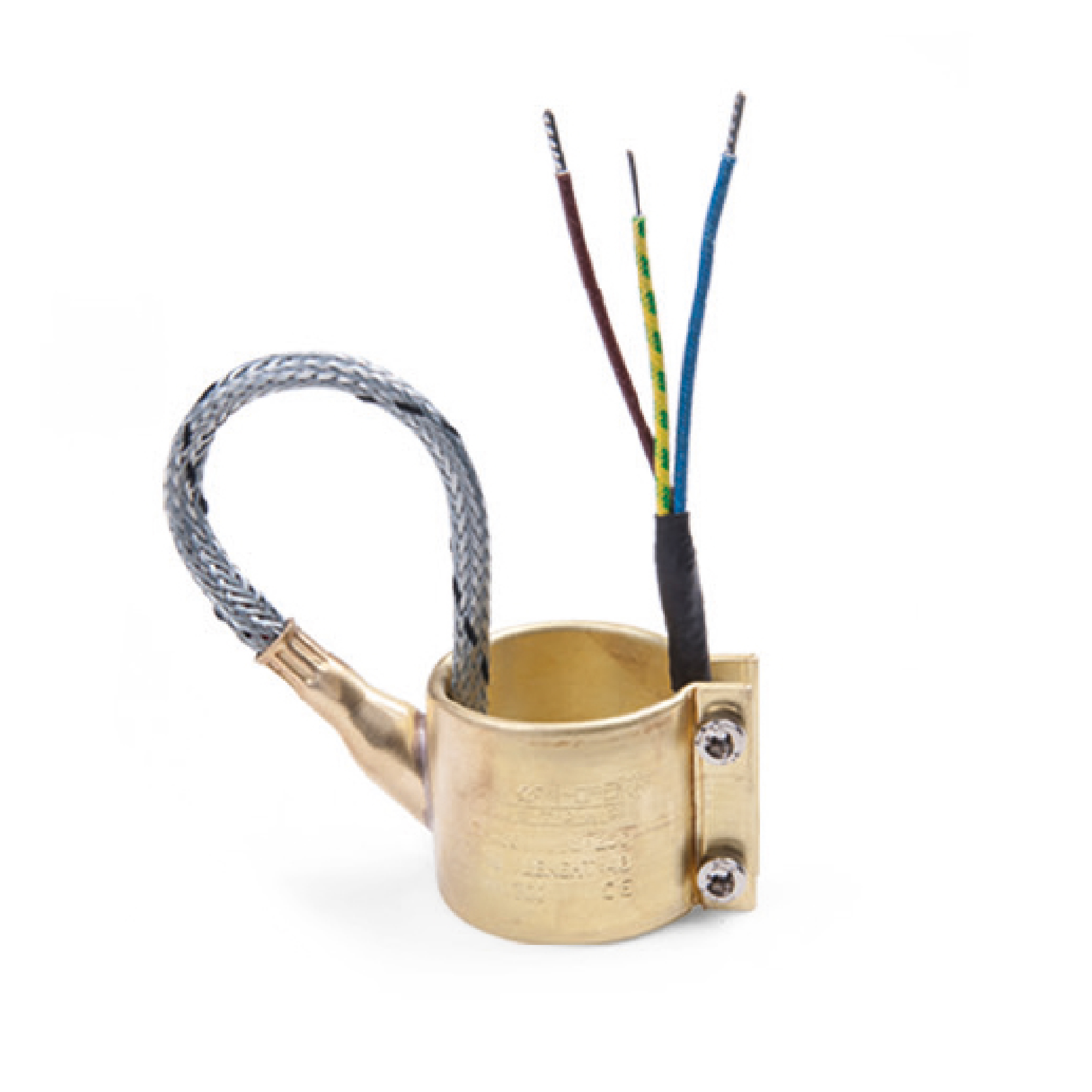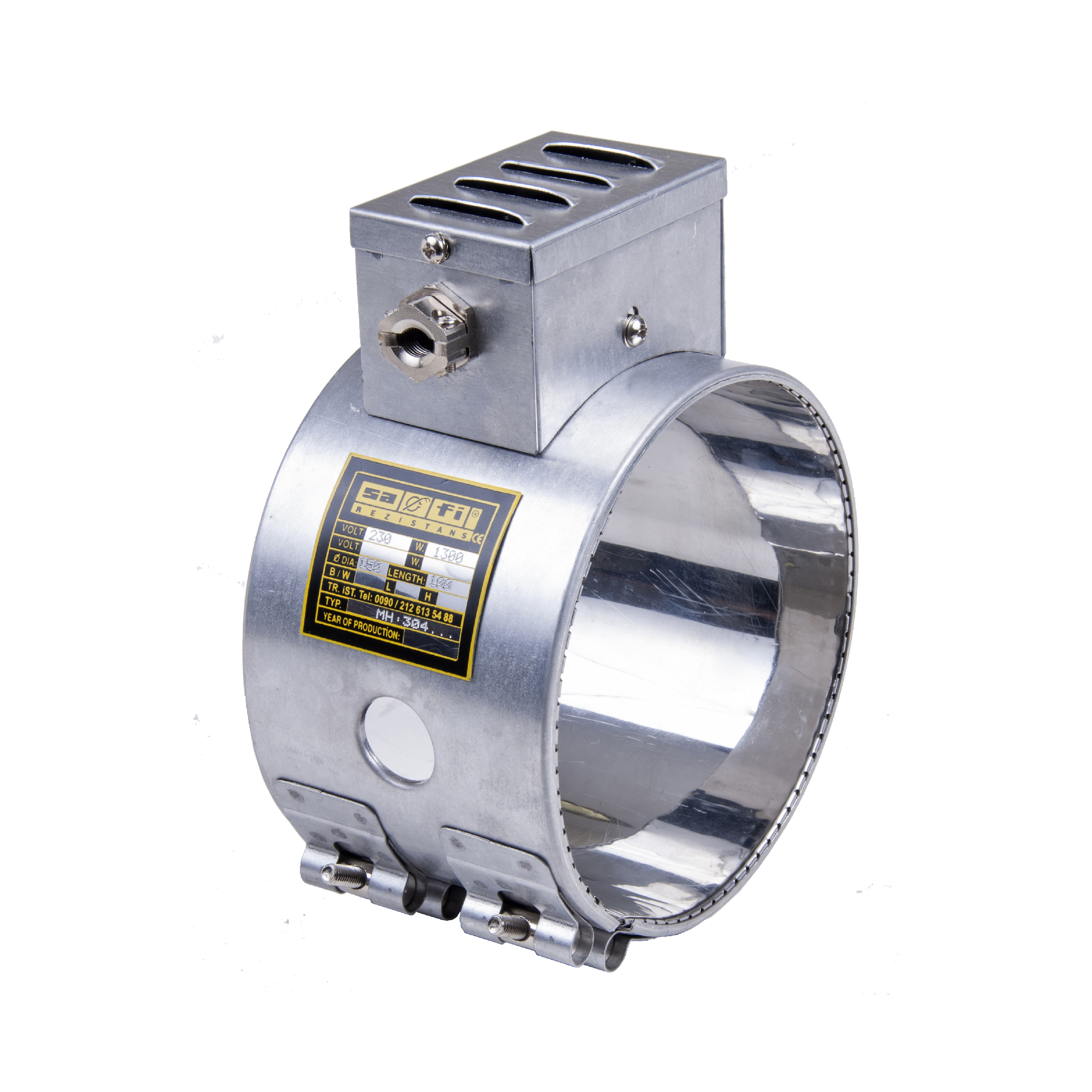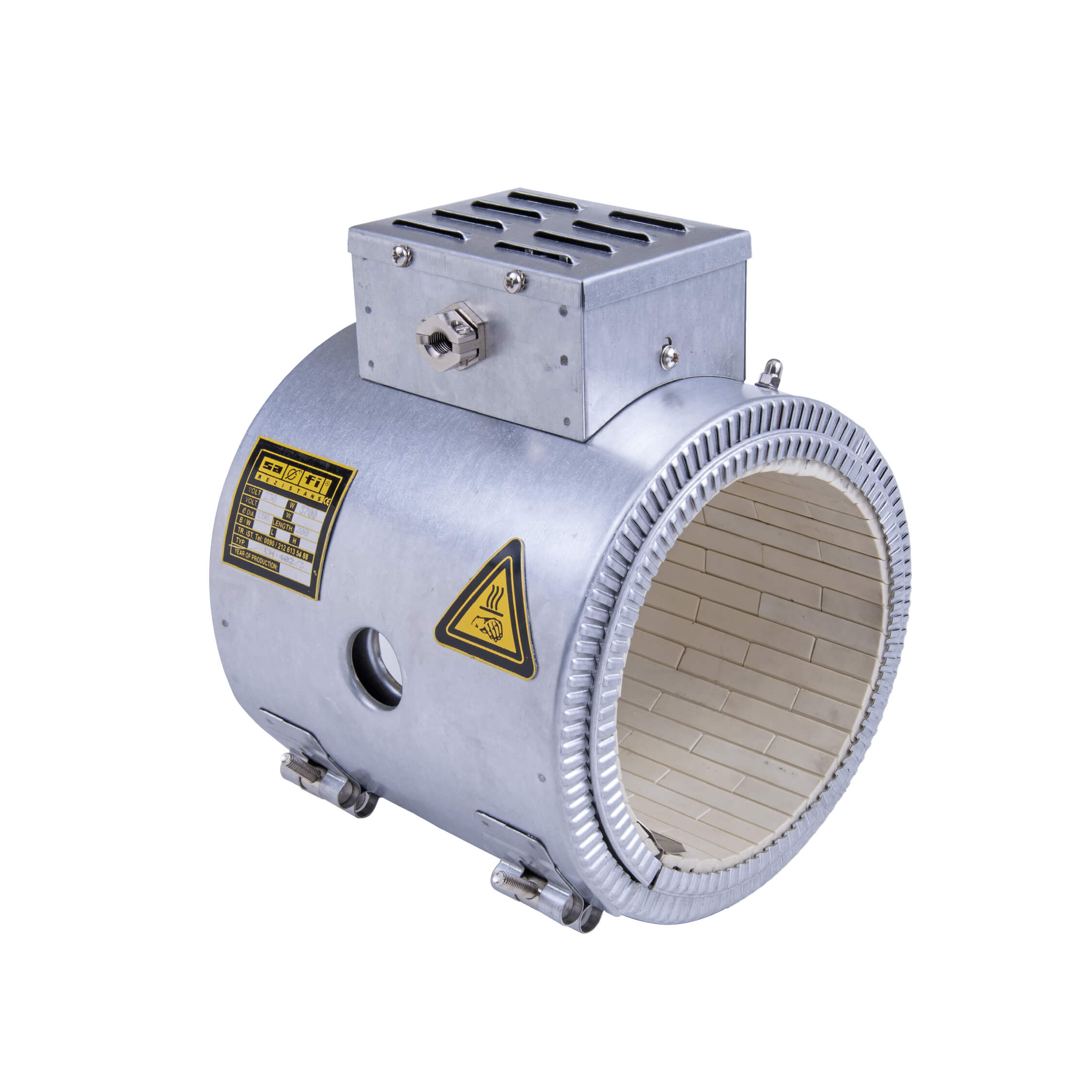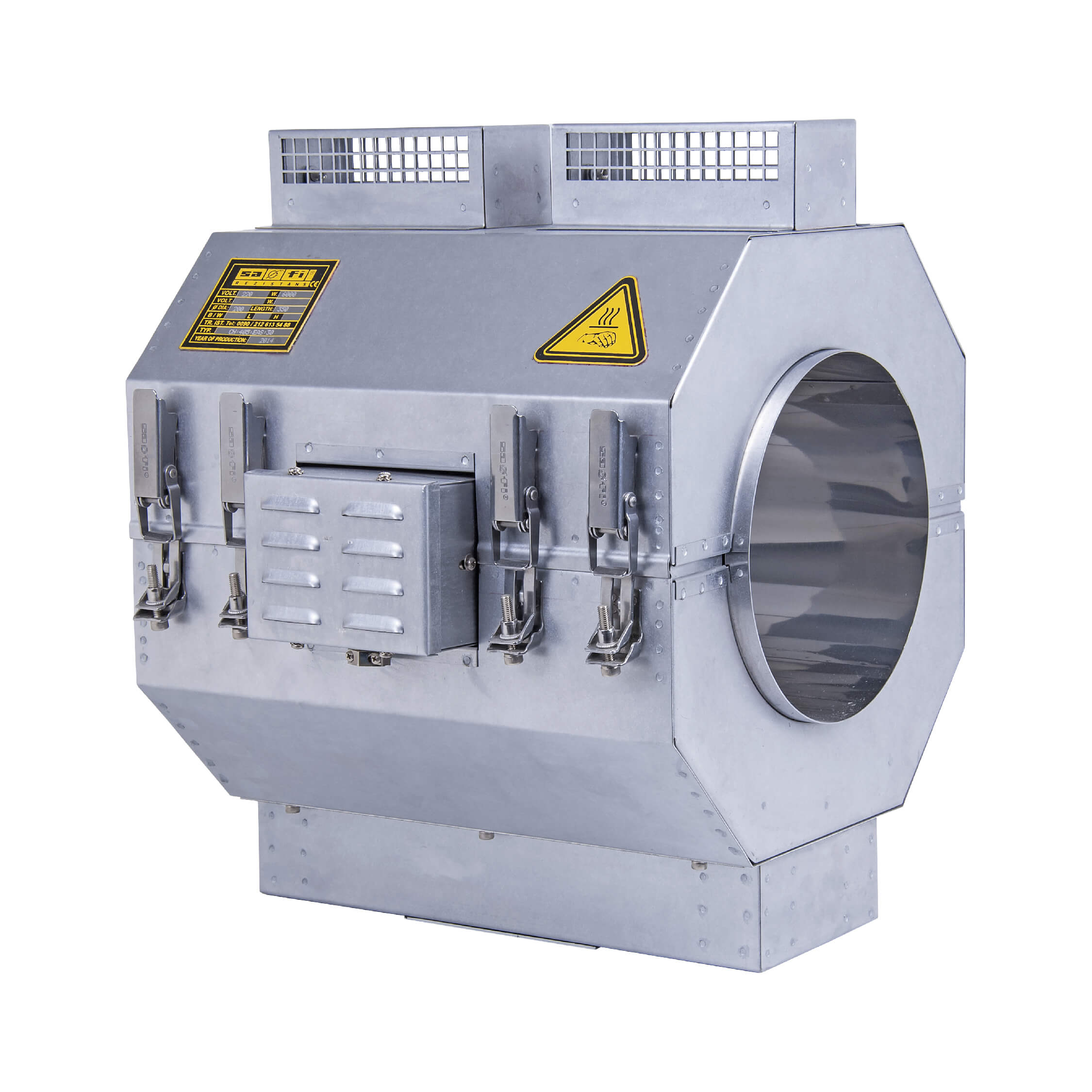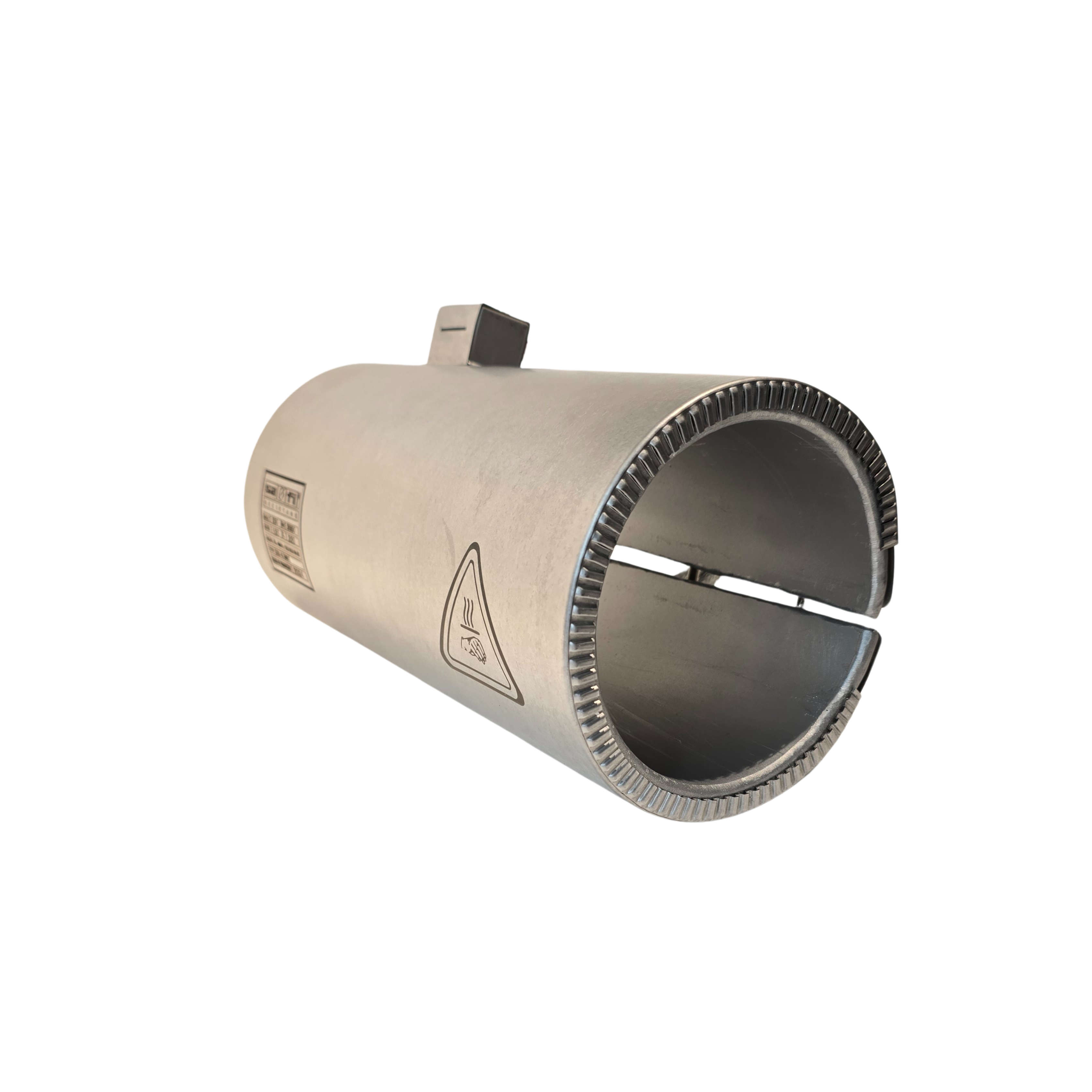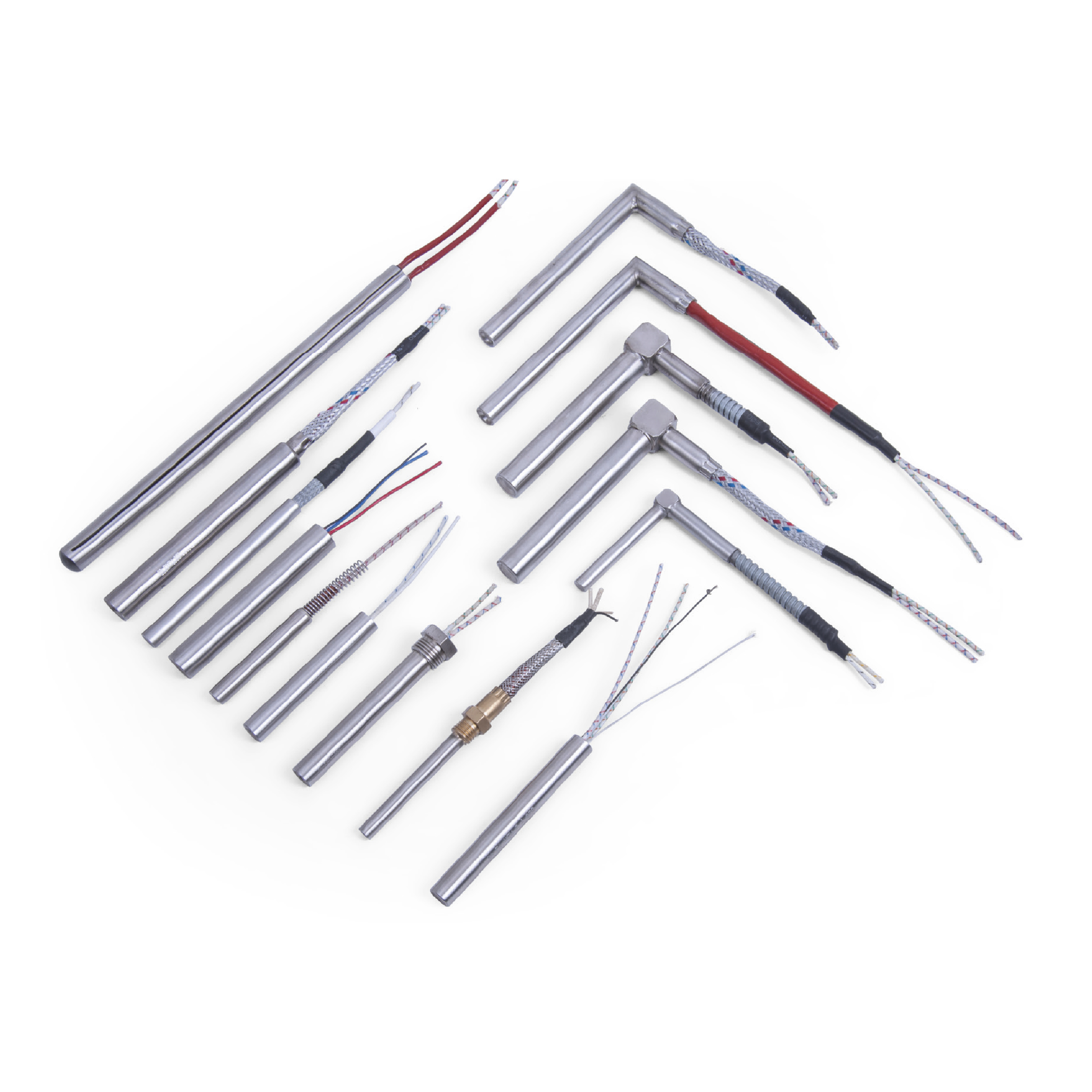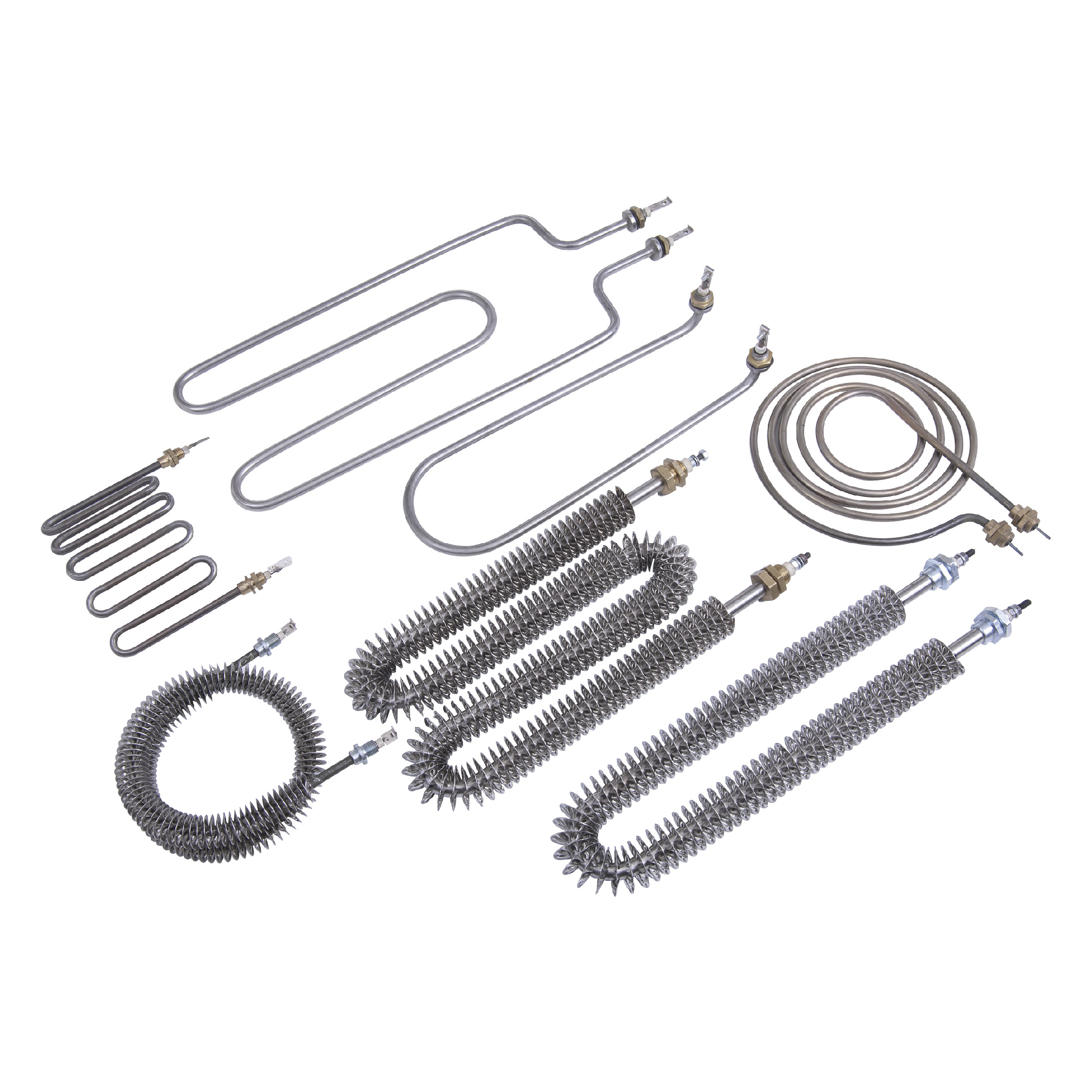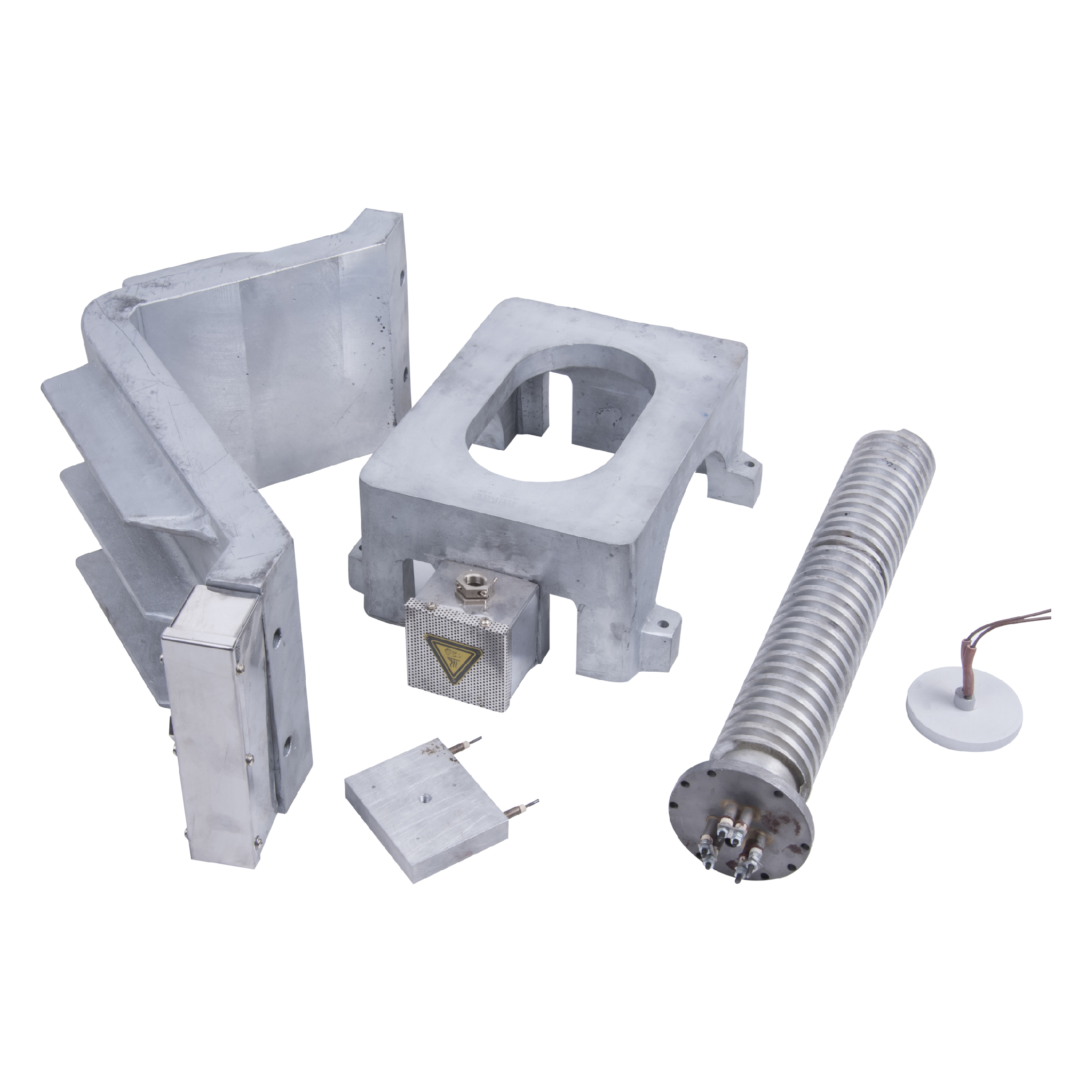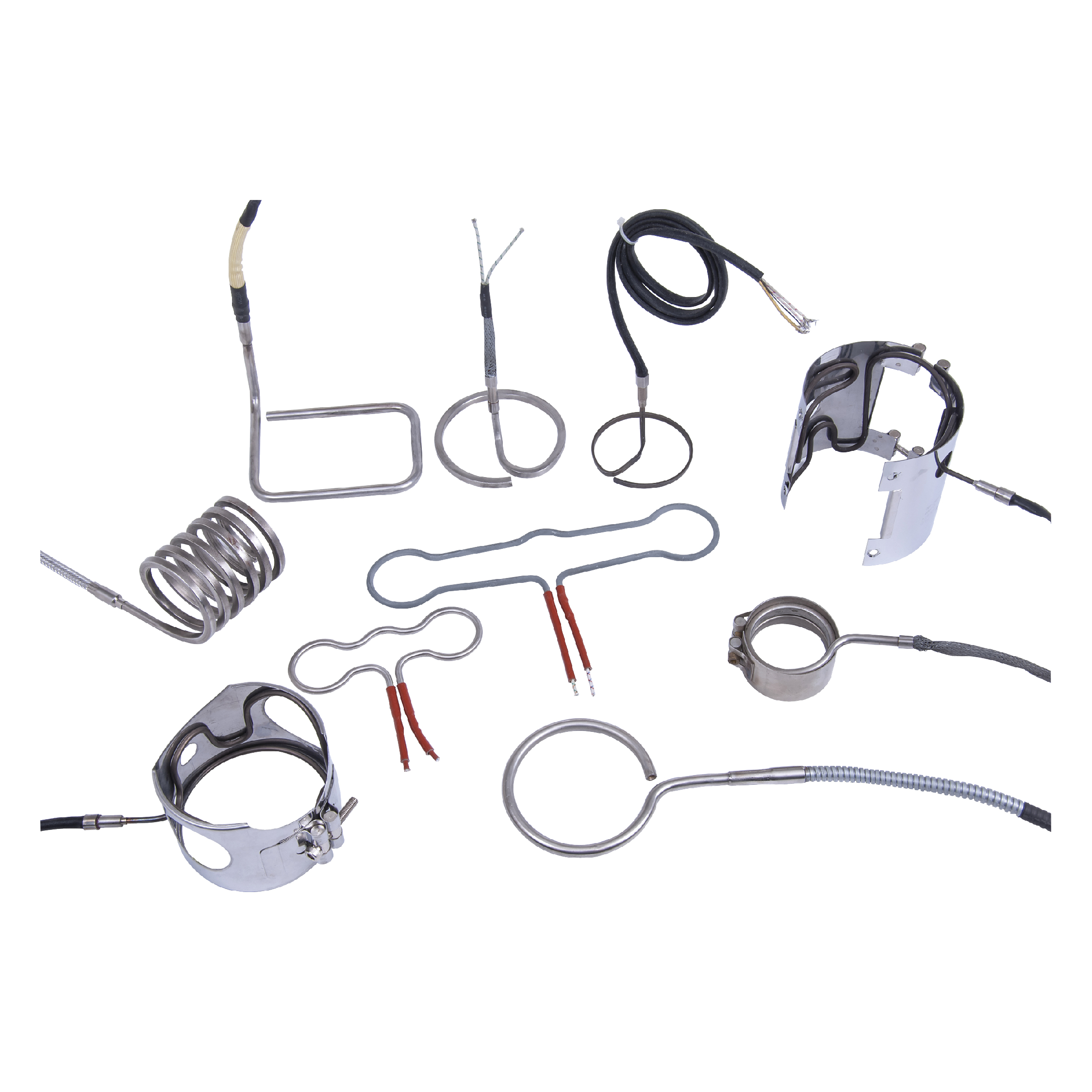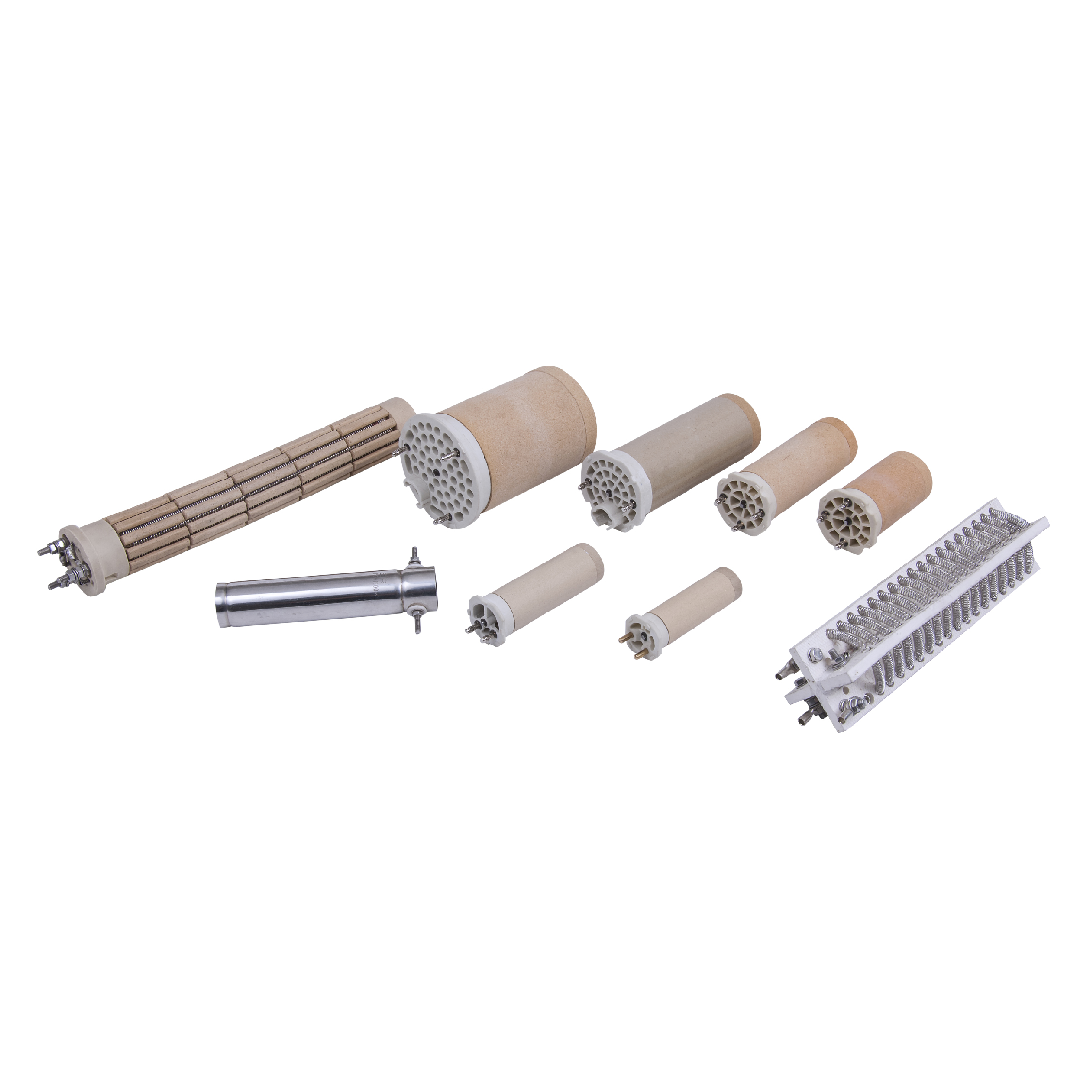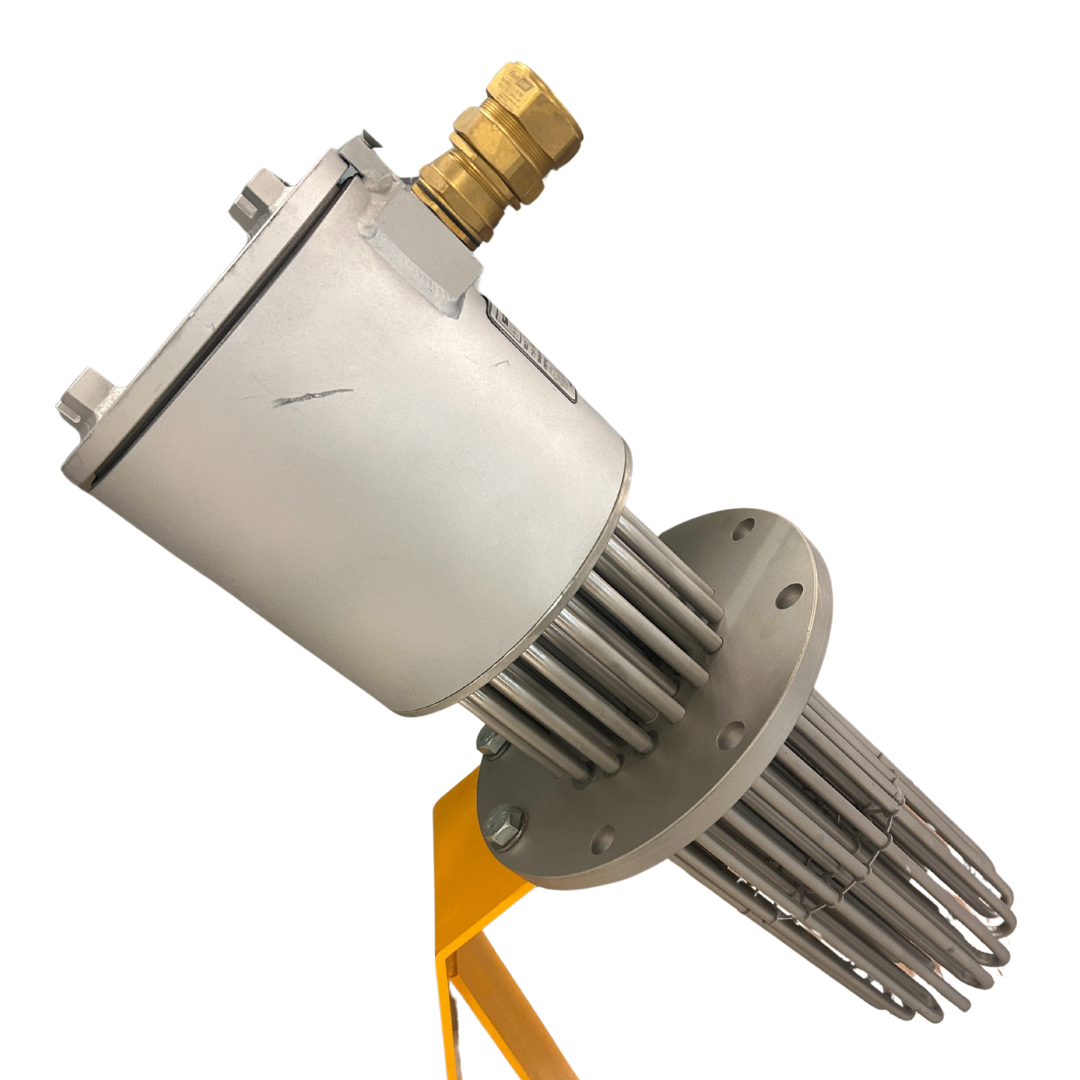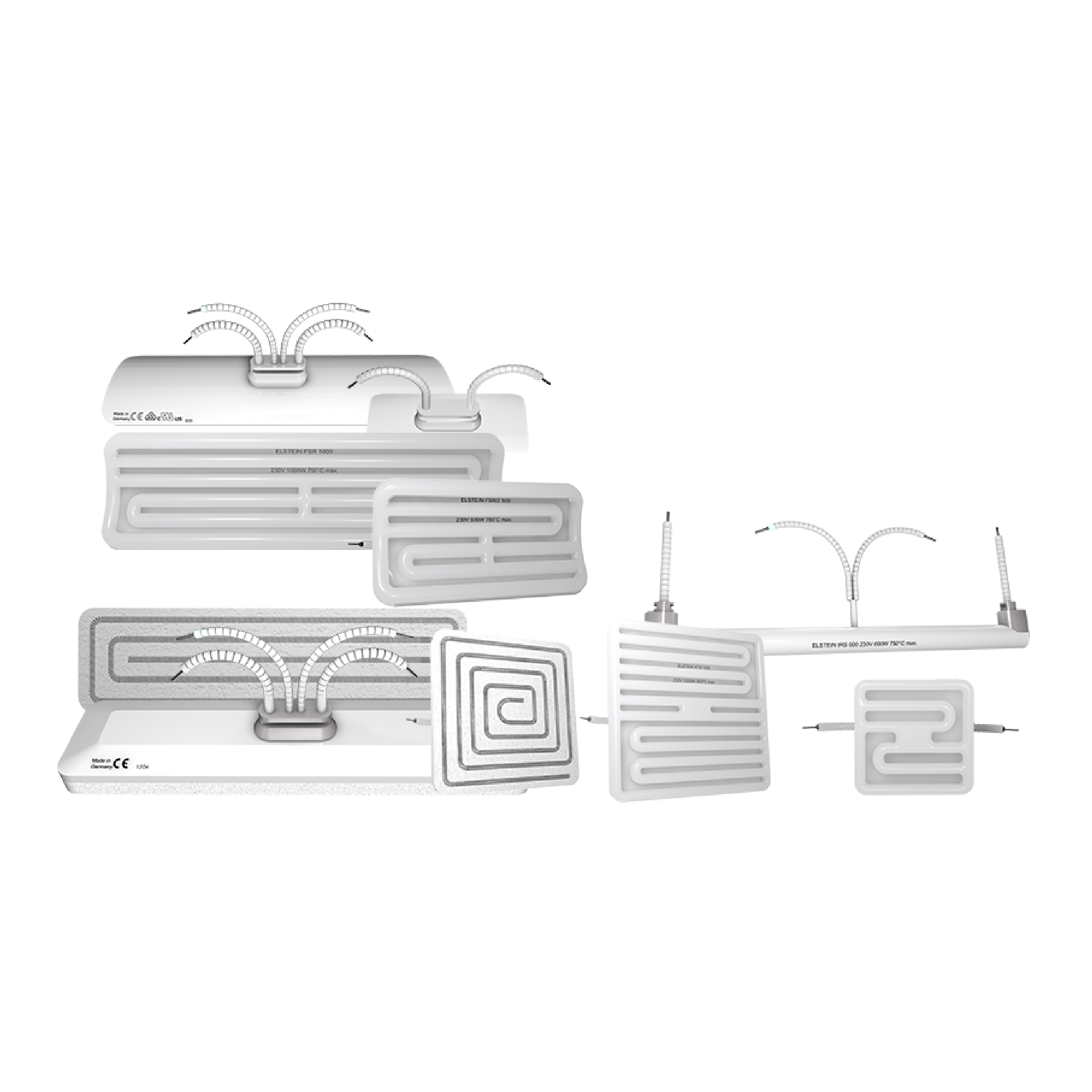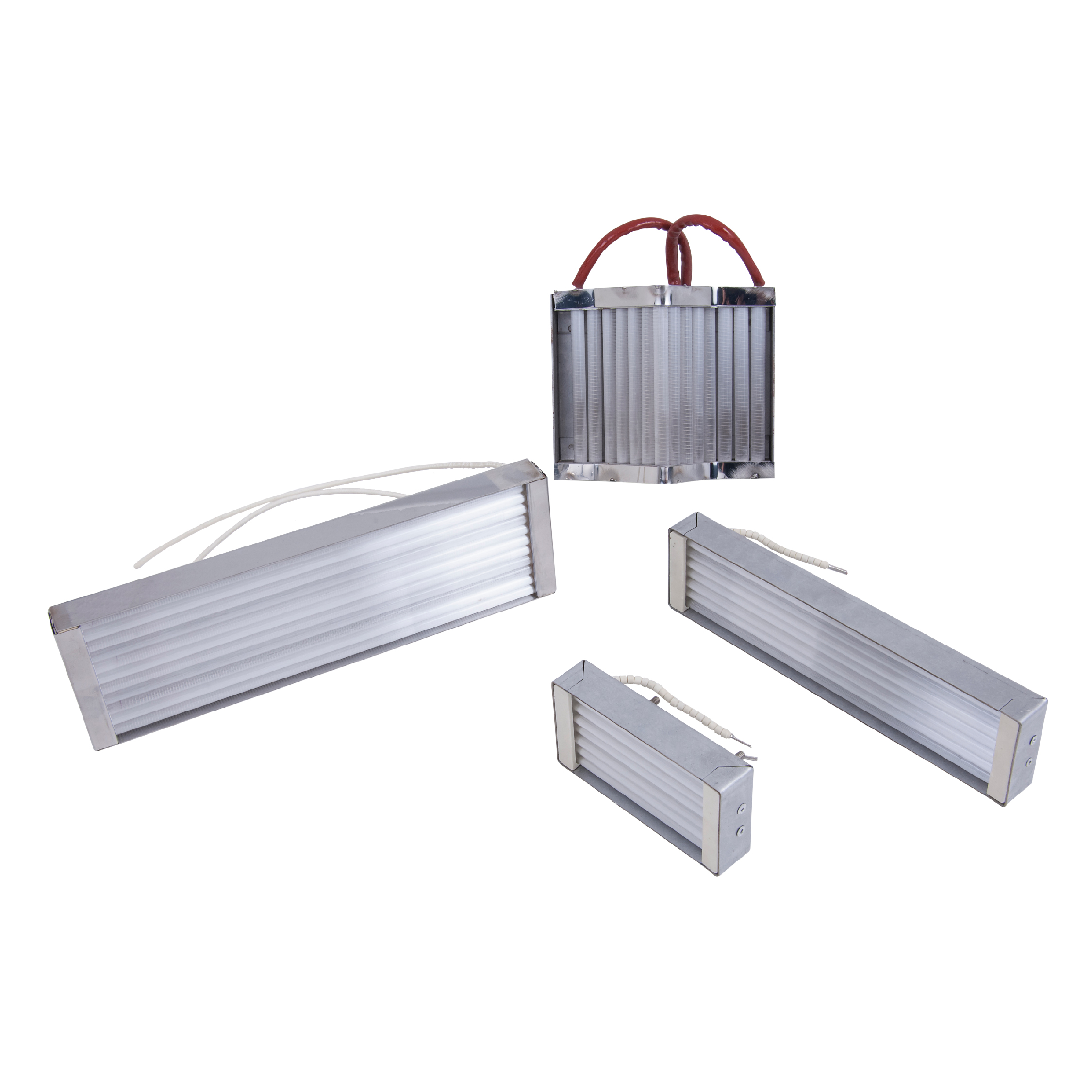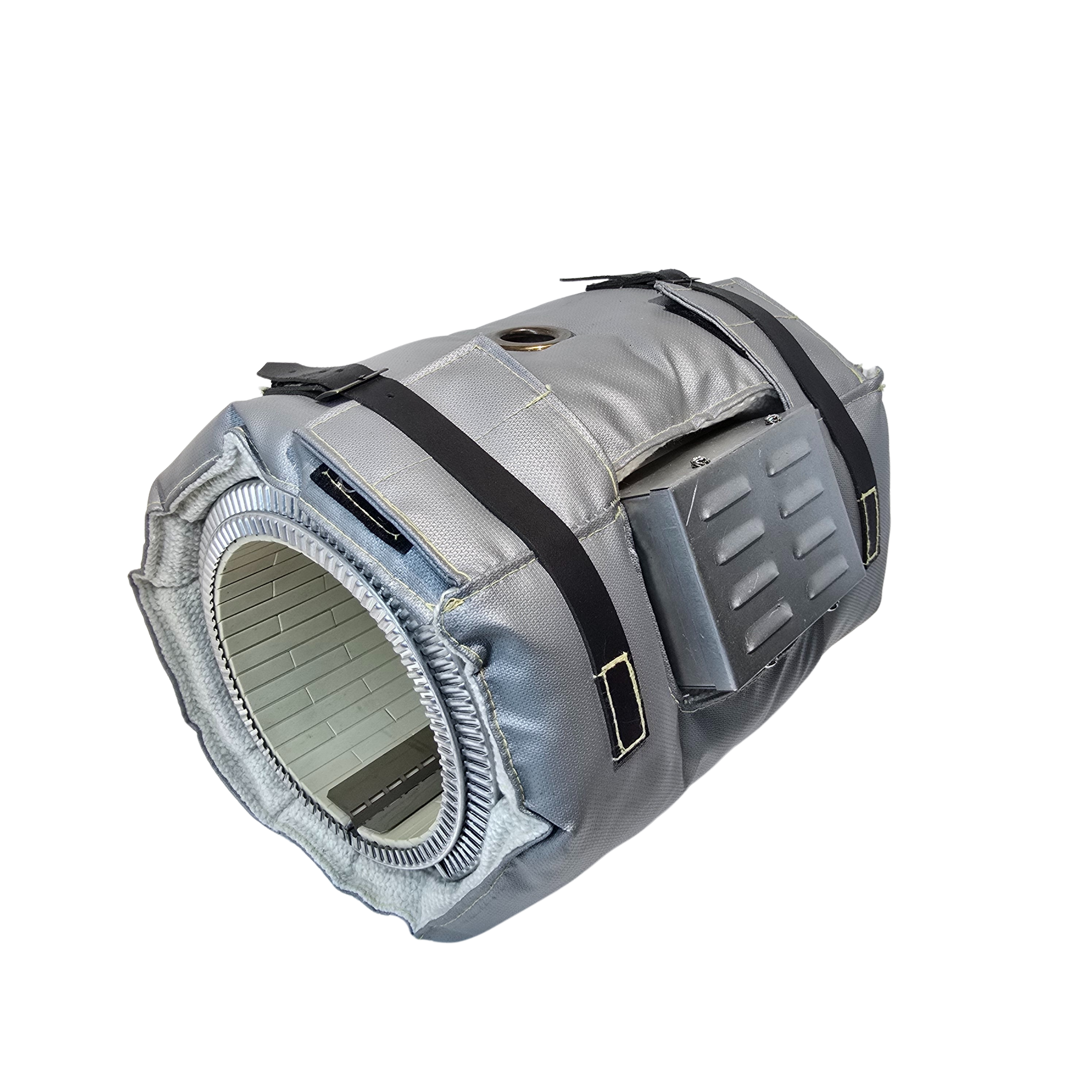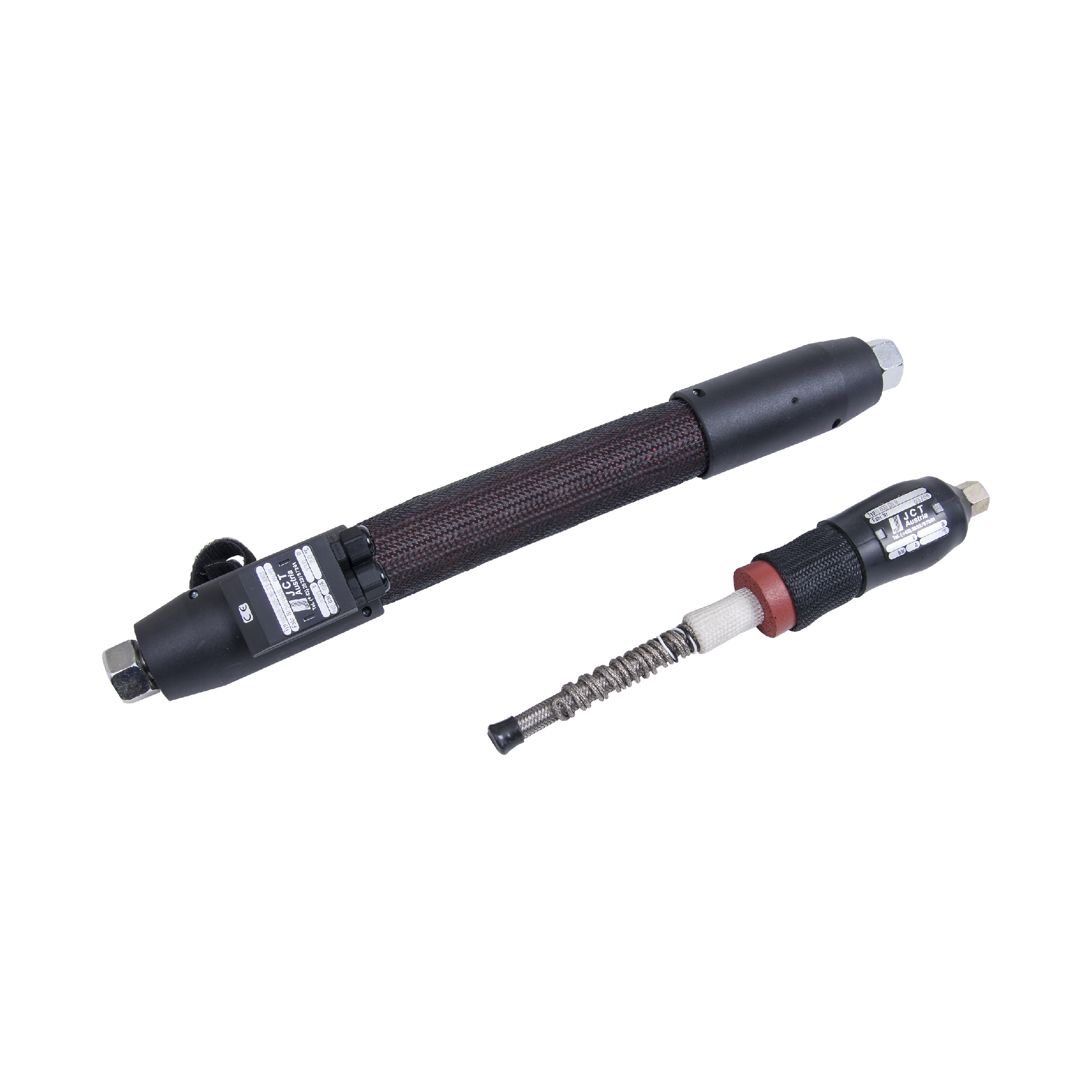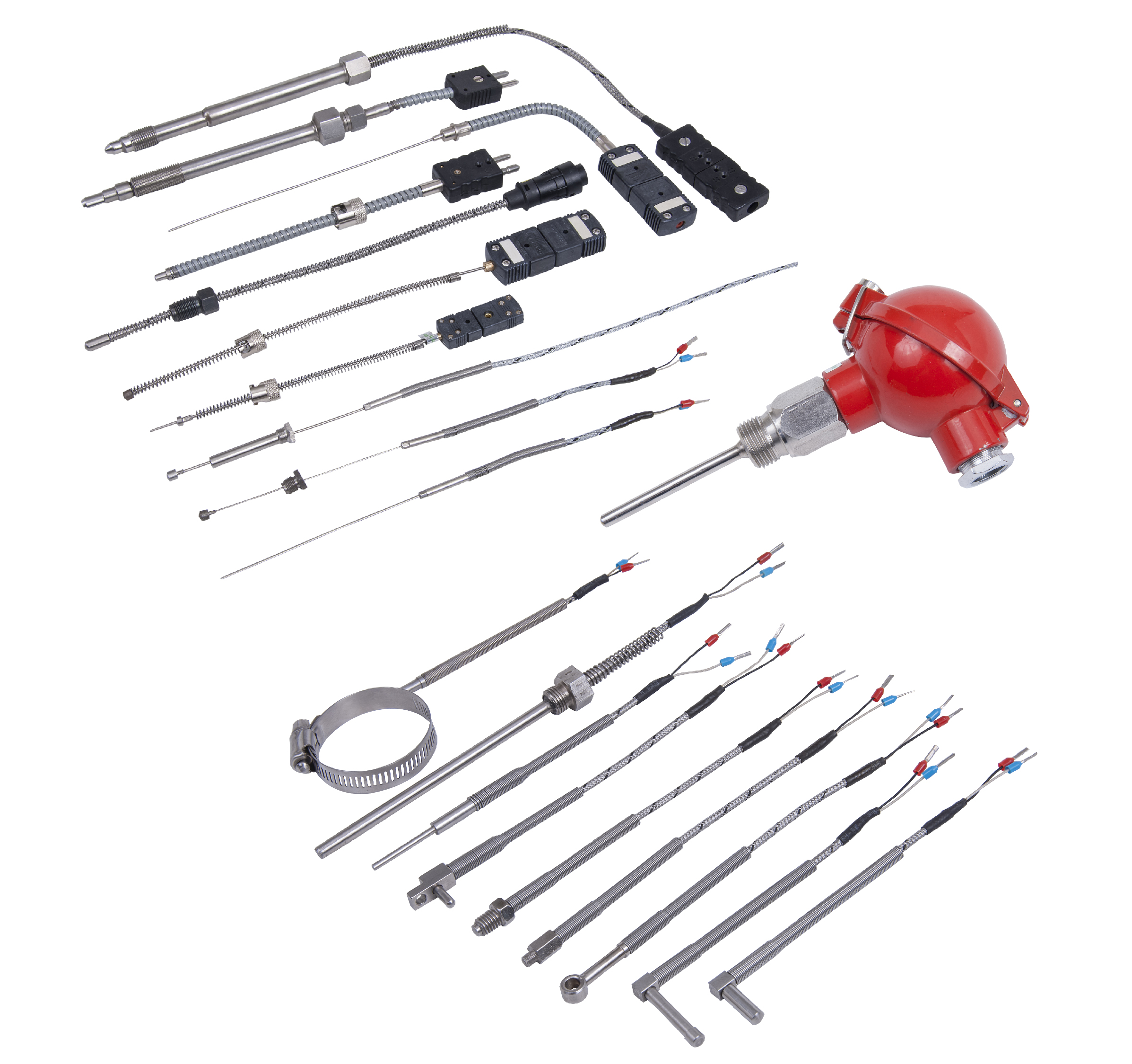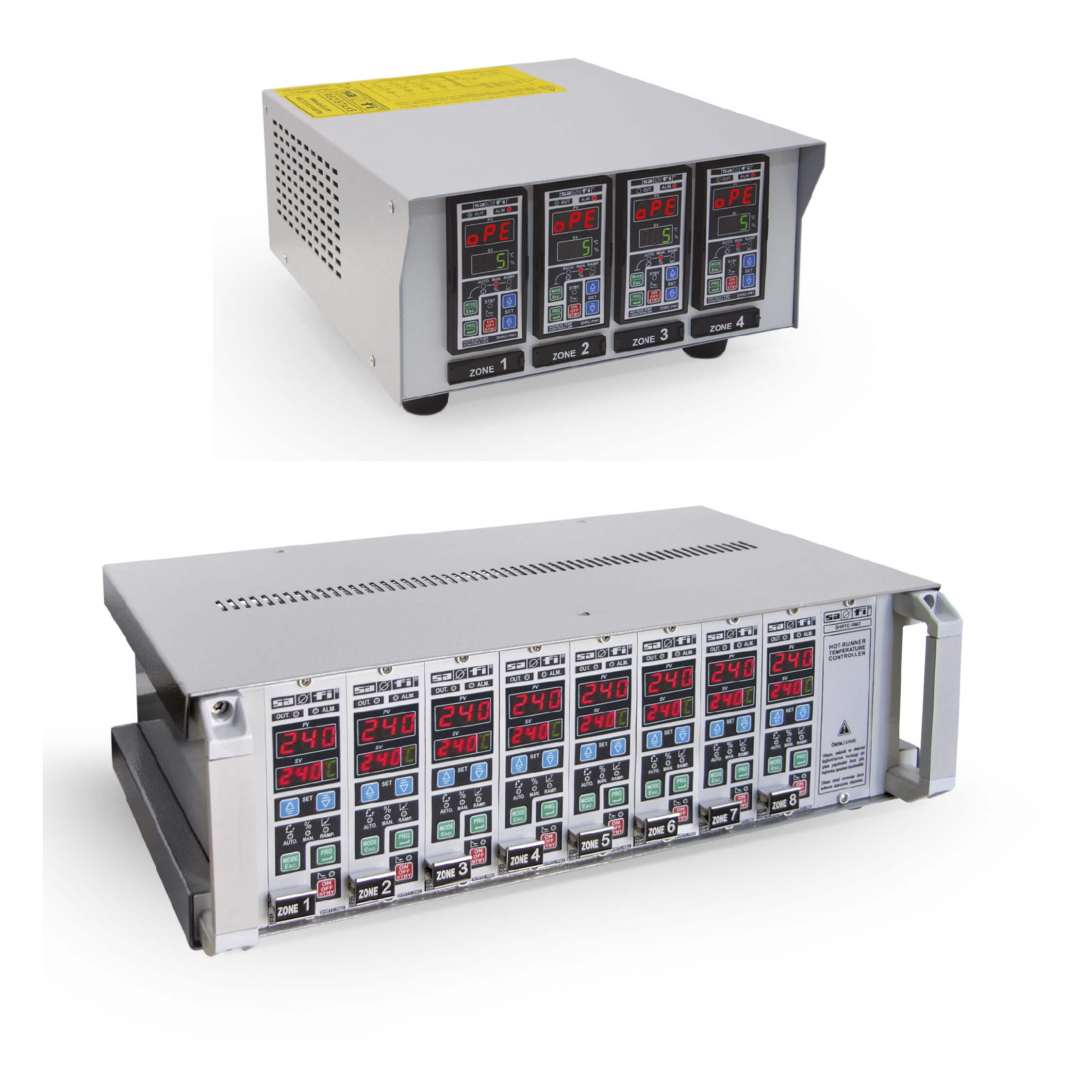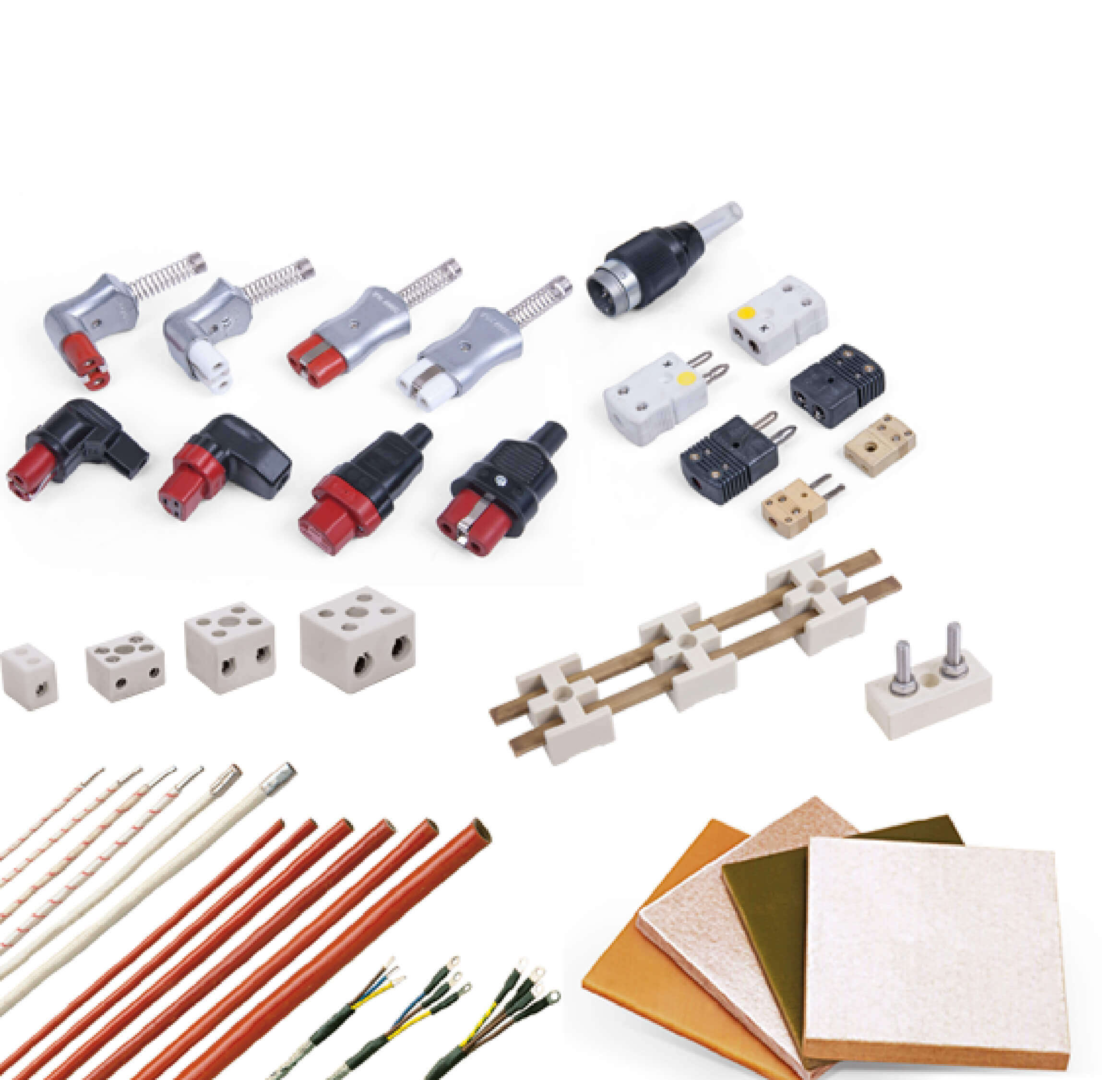Which Industries Use Industrial Heaters?
Resistors are heating elements that convert electrical energy into heat. In industrial production systems, various types of industrial heaters are used to ensure safe, fast, and controlled heating. These technologies offer advantages such as increased production efficiency, energy savings, and process safety. So, in which sectors are industrial resistors used, and what roles do they play? Let's explore.
Purpose of Industrial Heating Elements
Heaters are used in industrial processes to reach and maintain specific temperature levels, and to stabilize production conditions. Processes such as chemical reactions, material forming, drying, and bonding require precise thermal control. Different types and sizes of industrial heaters are used to meet these needs.
Main Areas of Application
1. Plastic and Rubber Industry
Extrusion, injection molding, and thermoforming machines use heaters to soften and shape plastic materials. Cartridge heaters and hot runner heaters are particularly common in this sector.
2. Packaging Machinery
In packaging systems, plate and band heaters are used for heat sealing and cutting. Fast heating and cooling properties are essential due to continuous operation.
3. Chemical and Pharmaceutical Industry
Heaters are used in tanks and reactors to maintain consistent temperatures during chemical mixing. Immersion and tubular heaters are common. Material compatibility and sealing are critical here.
4. Food and Beverage Industry
Applications such as food warming, pasteurization, and baking require clean, food-safe heaters. Glass tube heaters and air blowers are often used.
5. Textile and Leather Processing
Ceramic heaters are used in drying tunnels, adhesive pressing units, and heat-setting systems. These heaters offer long-term durability under high temperatures.
6. Automotive and White Goods Manufacturing
Band heaters and custom mold heaters are used for forming parts, heating molds, and activating adhesives.
7. Metalworking and Furnaces
Spiral and nipple-type heaters are preferred in metal melting, heat treatment furnaces, and soldering. Some can withstand over 1000°C.
8. Laboratory and Analytical Equipment
Quartz and miniature heaters are ideal for small-scale, high-precision applications. Stable heat distribution and quiet operation are critical.
Choosing the Right Heater for the Job
Each industry has its own requirements. For instance, corrosion resistance is critical in chemical applications, while fast heating is essential in plastic processing. Heater selection should consider not only power, but also material, size, installation type, and control method.
Industrial Heating is a Process Solution
Industrial heaters are not just accessories; they are strategic components that directly affect product quality and operational efficiency. Accurate thermal control means better manufacturing. That’s why it’s essential to work with manufacturers that provide engineering support and custom design.
The use of industrial heaters spans almost every industry. From plastics to chemicals, textiles to food, these elements play a vital role. In terms of energy efficiency, process safety, and product quality, choosing the right industrial heater makes a big difference for any business.

